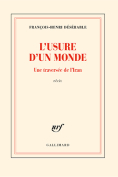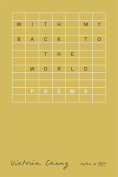Un Amor by Sara Mesa
 New York. Open Letter. 2023. 173 pages.
New York. Open Letter. 2023. 173 pages.
From acclaimed Spanish writer Sara Mesa, Un Amor is a slim, provocative novel about love—adoring and reverential, tempestuous and pernicious. Wrought from primal and delicate emotion and rife with liminal feeling, the story of Nat and her whirlwind affair enthralled me from the first page to the last. In Un Amor, Mesa crafts an engaging narrative that pulls urgency from mundanity, that twines the quotidian with the insidious.
When Nat abruptly moves from the city to a village in the Spanish countryside, she finds herself uncomfortable and uprooted, living in a dilapidated house and embarking on a new and uncertain career in literary translation. She adopts a country dog to quell her breaking waves of loneliness, and soon after she encounters the denizens of the town of La Escapa: her gruff and misogynistic landlord, the ever-knowledgeable glazier Píter, the aging couple Joaqín and Roberta, the city family with a weekend home in the village, and the quiet, enigmatic man the townspeople call “the German.” As Nat settles into small-town life, her assumptions about country living clash with the rural realities of roaming, howling dogs and leaky roofs. And when she enters into a sexual relationship with a resident of La Escapa, she finds it to be anything but an escape.
Mesa endows Nat with a vibrant and tornadic internal life whose immediacy comes from Mesa’s decision to render both the action and the complex interiority of the novel in the present tense. This propulsion into the here and now heightens the drama of the novel, as Nat’s struggles to build relationships in La Escapa become palimpsestic exigencies: the communal, the romantic, and the sensual. And as Nat contends with the alternatingly aloof and prying dispositions of her neighbors—not to mention the wary recalcitrance of her adopted dog, Sieso—she walks a razor-thin tightrope in the town, as though she balances on a single thread stretched across the mental canyon separating her entrenched city sensibilities from her new countryside domicile. This tightrope exists, too, in her overanalytical and anxious mind; her increasingly unsteady romance twines with—and, in fact, exacerbates—her continuing difficulty to find a sense of belonging in the village. Thus, the narrative momentum roars from Nat’s mental swirlings rather than breakneck action, and the soul of the novel grows like a seedling from her warped and viny and ponderous mind.
One strand of Nat’s internal struggle winds around her occupation as a translator; she struggles to understand dense, nuanced texts as she grapples with understanding her fickle and gossiping neighbors. Here, Mesa cleverly employs translation as a lens through which to read her novel: for what is community, what is love, if not translation—of a person, of a soul—into mutual and symbiotic comprehensibility?
Ultimately, Mesa casts the residents of La Escapa as concentric whirlpools: pulling on each other yet all destined for the same drain. The central question, among many others, that drives the novel is this: Will Nat, who now orbits that drain, escape its small-town gravity? This ironic magnetism of La Escapa, the pastoral dream-turned-nightmare, manifests most markedly at the end of the novel in the appearance of an utterly mundane object: a tube of toothpaste, used but not exhausted. The entire narrative of Un Amor spans this short period of time. It is this sort of everyday, pinpricking particularity that abounds throughout the novel, giving Un Amor its contemplative texture, and that proves Mesa to be a writer of meticulous, affective detail who harnesses the day-to-day and transforms routine into striking portraiture.
Alex Crayon
University of Kansas






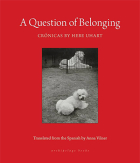
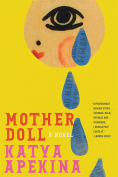








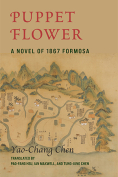



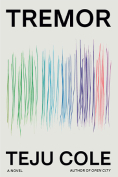
![The cover to [...] by Fady Joudah](/sites/worldliteraturetoday.org/files/styles/backissue_small/public/Joudah.jpg?itok=HZO1_68A)
